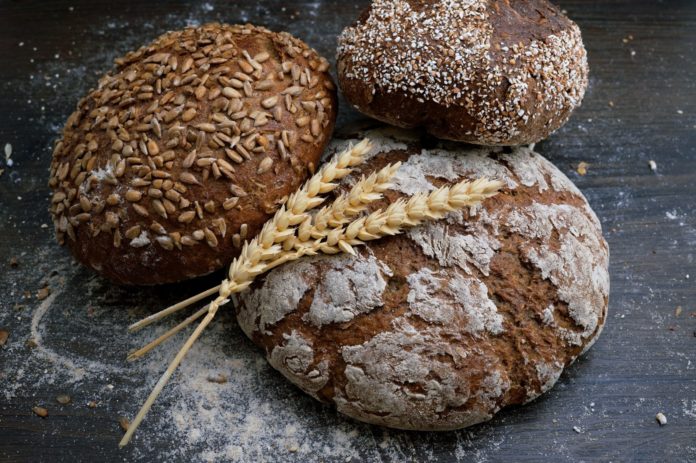There’s something oh-so-satisfying about baking bread from scratch. When it comes together, it’s a real treat, unlike anything you can get at your local grocery store. But sometimes, baking with yeast can be a real bother. If something is a bit off, you can end up with bread that just doesn’t rise. And after all of the kneading, proofing, and endless waiting, it can be so discouraging. To avoid this from happening in the future, check out these reasons why your bread may not be rising.
Yeast is Expired
If your yeast is expired, you won’t get a good rise or any. Yeast has a definite shelf life, so make sure you pay attention to the “best by” date. In addition, always proof the yeast before adding it to your bread dough.
Water isn’t the Right Temperature
When proofing your yeast, make sure the temperature is between 105 and 115 F. If it’s hotter than that, it will kill the yeast and prevent it from rising.
It’s Too Cold
A warm, humid temperature is ideal for making bread. But in the winter, it can be difficult to get the bread to rise, especially if your home is cooler. Doughs proof best in warmer temperatures, around 80 F.
The Exterior is Too Dry
The dough should be moist and elastic, so cover it with plastic wrap, a reusable wax wrap, or a damp tea towel.






